
“You’ve got your bum out” a nurse said.
“I know” I replied. They’d given me a broken bloody gown and I had a broken bloody elbow.
How was I supposed to tie it? I had run out of clean knickers and I wasn’t about to put dirty ones back on.
“Your bum’s hanging out” a middle-aged patient said, offended.
“I know, they gave me a broken gown!” I replied. A shower would sort it.
A wet wipe clean had never looked so appealing.
Your mission was to heave yourself out of bed with your abdomen and your good arm, without making your elbow spasm, causing a horrific shooting pain.
Then you had to get to the wet room down the hallway to the left, again without moving your bad arm, and early, otherwise it was always occupied. Annoyingly, you had to hobble past a closer shower, which was out of order the whole four days I was on that ward.
“‘Scuse me” the nurse looked flustered.
“Can you tie my hair for me please?” relieved, she obliged.
I had been told that I was definitely having surgery today (day three) and I was determined to be clean for it.
Somehow I washed everything using one arm and a bit of creativity (resting a leg on a grab rail, keeping liquid soap steady on your shoulder…). I wondered how I was allowed to risk another fracture on a daily basis. Later I was not surprised to find that falls were the most commonly reported health and safety incident in England and Wales in hospital, with over 240 000 a year reported.
If I had fallen on my bad arm before the bone was healed, I would have had a “comminuted peri-prosthetic fracture” – a particularly complex fracture made worse by the interaction of internal metalwork on bone.
Nurses only had time for observations, support workers only had time to help with meals and making the beds. And my ward had a “very good” level of staffing according to the Royal College of Nursing.
A support worker came round and fussed about my table being “messy”.
I had most of my belongings there because that was the only way I could access them. But without asking, she chucked everything in a plastic bag saying it was a hazard, and shoved it in a cupboard out of reach.
I had a felt tip arrow drawn on me and three visits from various members of the surgical team.
They were so kind, helpful and understanding. They also explained that the reason I was in so much pain was because when my arm muscles contracted they were pulling my fracture apart.
ORIF surgery was Open Reduction and Internal Fixation.
I was going to have a titanium plate inserted over my elbow and that would be screwed into the bones to hold it together. They would clean out the wound first and remove any smashed bone. I would need months of physiotherapy. I was reassured that I was first on their list after lunch.
I was given the option of an uncomfortable one and a half hour surgery lying on my side conscious, being pushed and pulled about, or general anaesthetic, so I opted for the latter. They said they might have to insert a breathing tube but I didn’t want to be intubated so they said they would use a mask instead.
“You’ve become sensitised to pain” the anaesthetist observed, “that’s understandable given the nature of your injury.”
They looked enthusiastic and alert and and appeared to enjoy their work. I was even allowed to gingerly climb onto the operating table so I didn’t have spasms from being transferred. The mask was placed over my mouth and nose with an air gap but the anaesthetist saw that I was still conscious and sorted it.
***
I came to with a jolt in an unfamiliar white ward, like some kind of afterlife.
There were no curtains, just rows of beds, except I couldn’t see the other patients. Two curious faces loomed above me in green scrubs. Suddenly my body started convulsing.
The figures above me said something about pethidine and I was injected. My body relaxed and I felt much better as they whisked me back to the Trauma Ward.
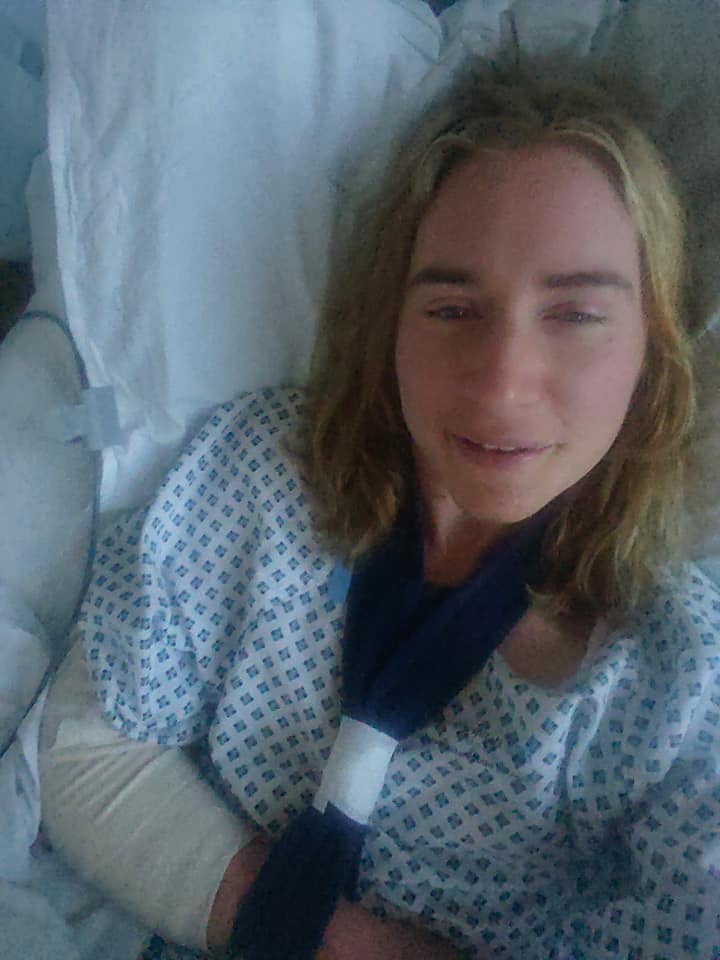


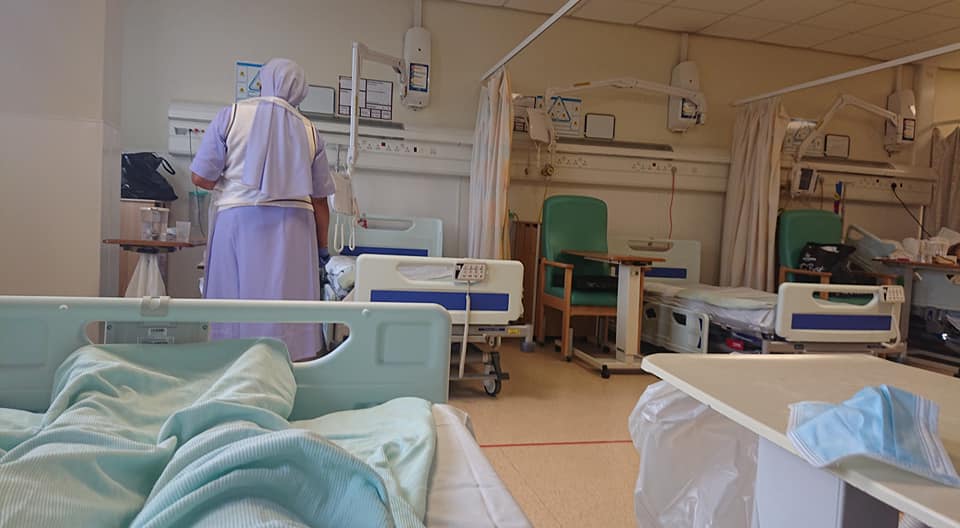


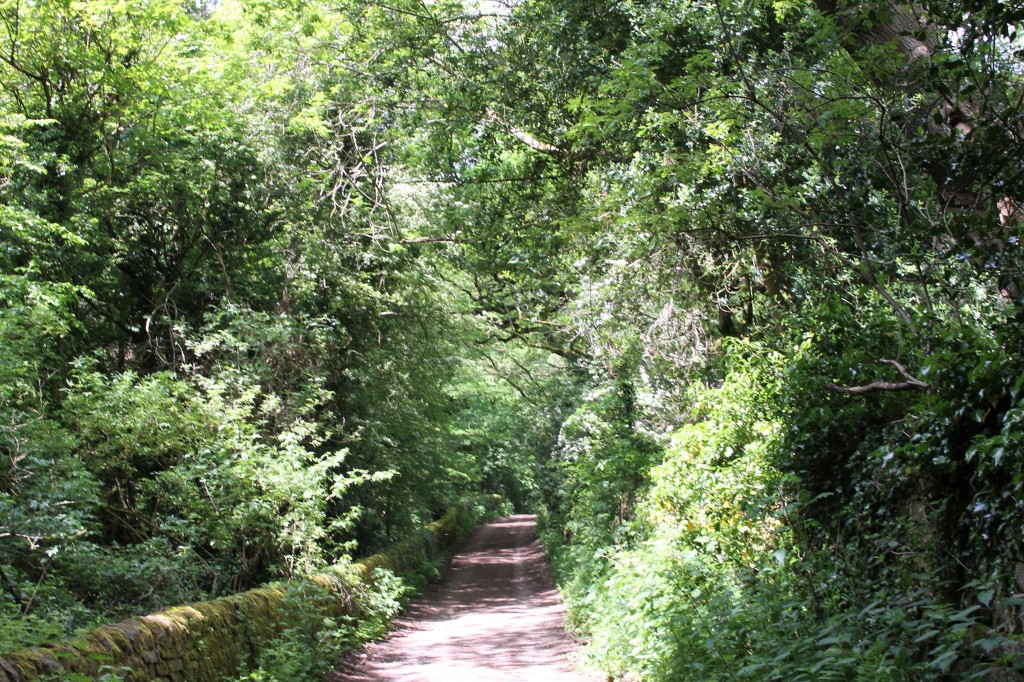


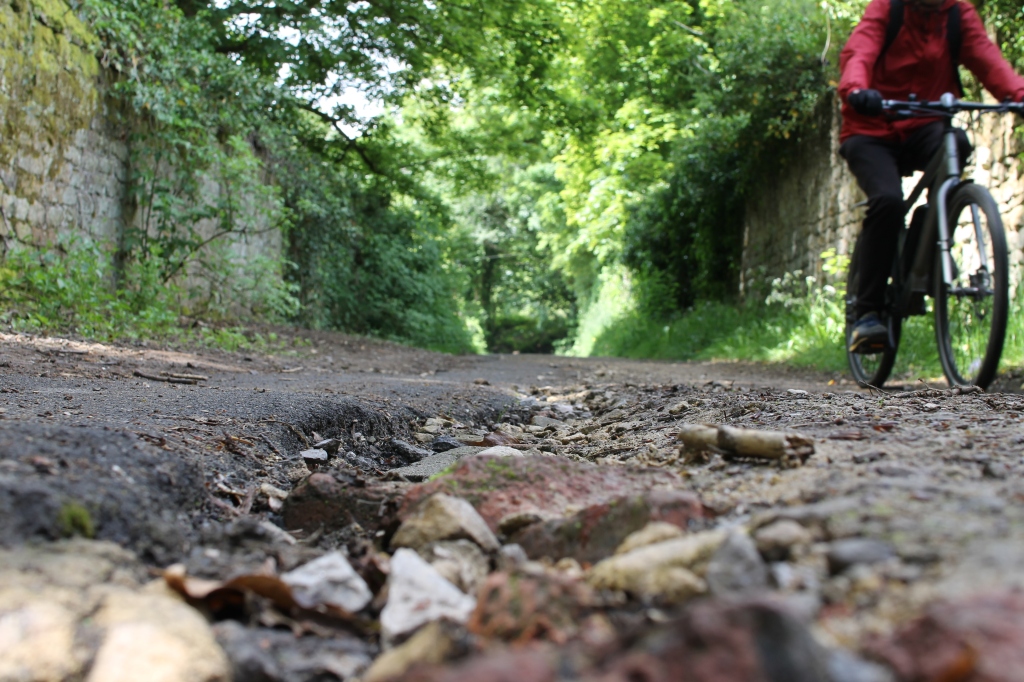
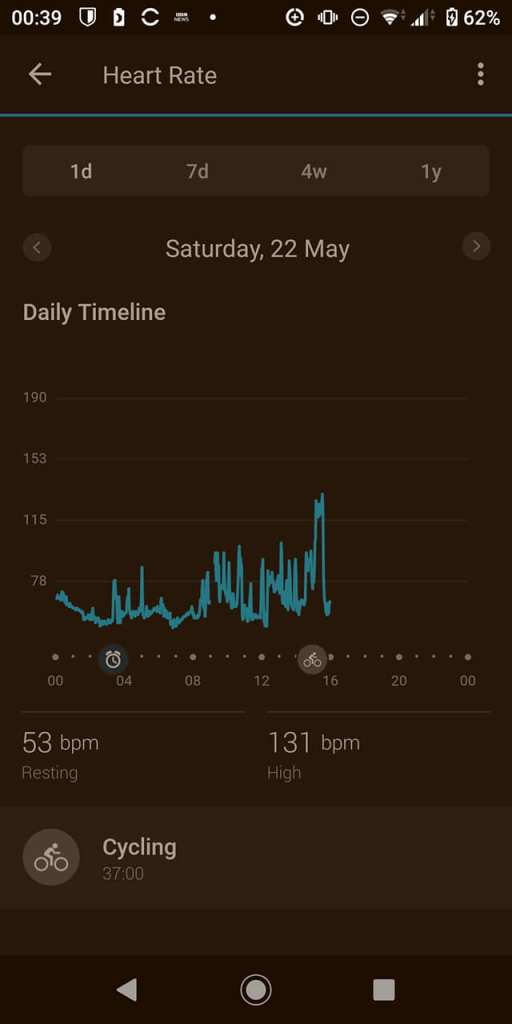

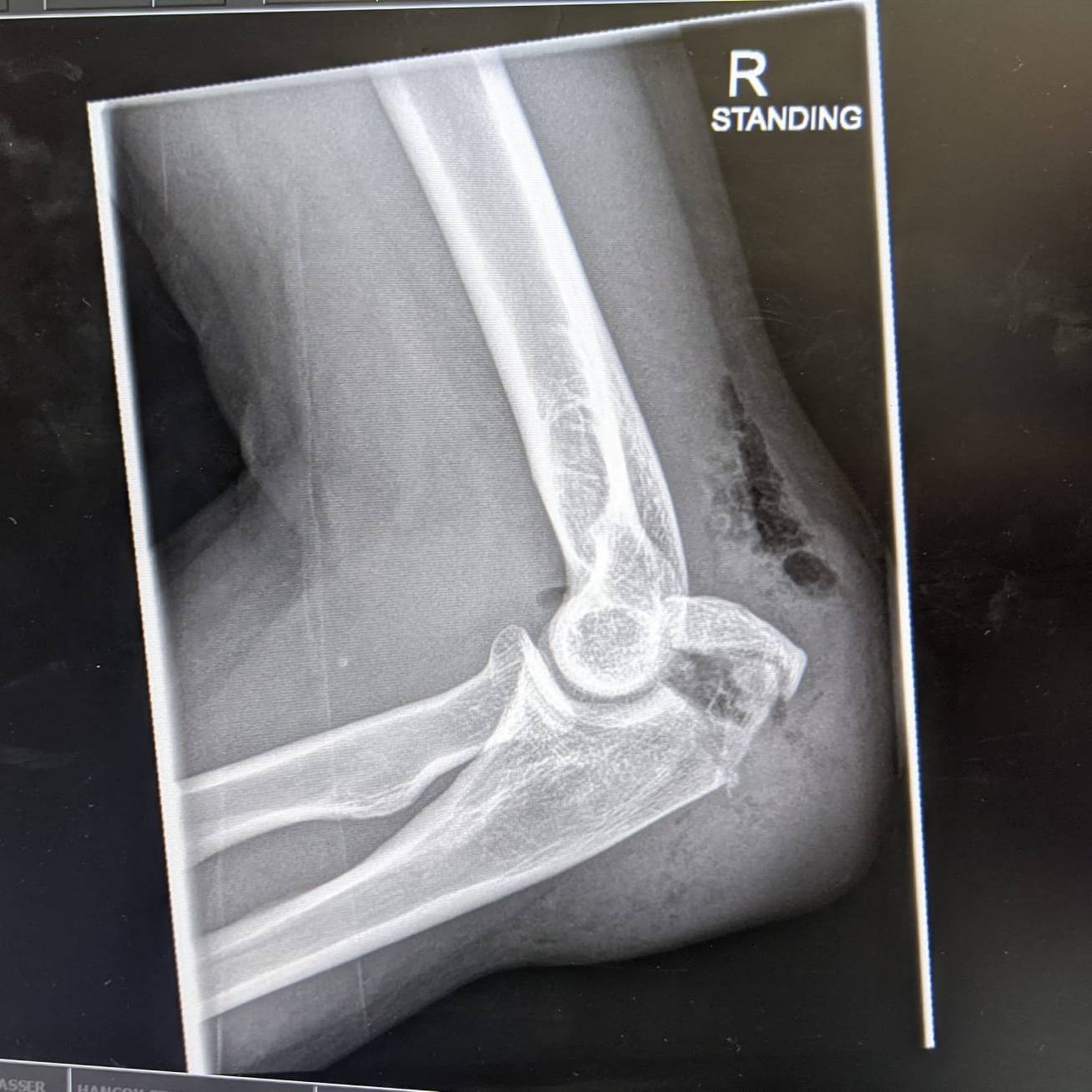
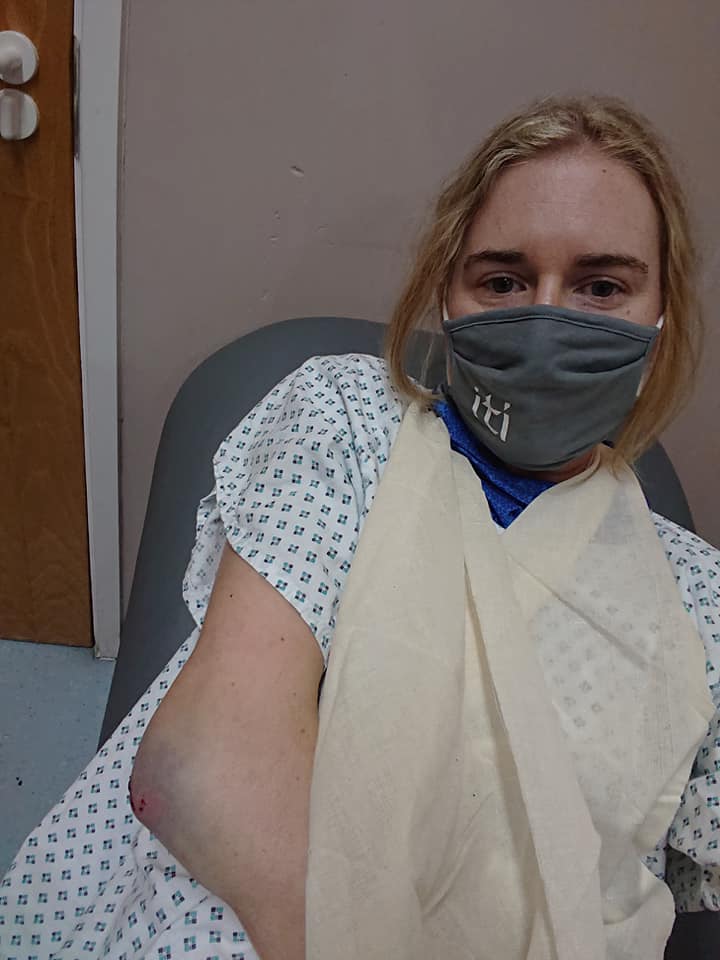


You must be logged in to post a comment.